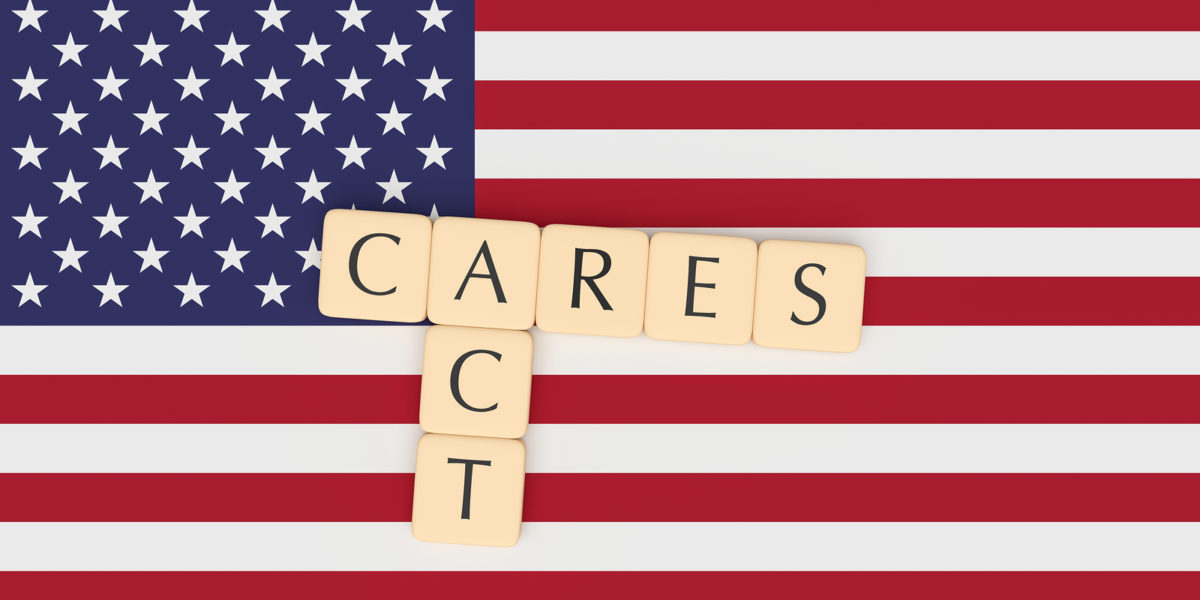Simplicity Digital Advisor
The CARES Act, RMD, and Hardship Distribution Changes: What You Need to Know
The CARES Act (The Coronavirus Aid, Relief, and Economic Security Act) became law on March 27th, 2020. It contains significant legislation for Required Minimum Distributions (RMD) for those over age 70 ½ who have already started RMD. Under previous IRS distribution laws, a minimum distribution from a pre-tax retirement savings account, such as a 401(k), IRA, or other tax-sheltered accounts, would have to happen in 2020 to avoid the penalty for not taking a distribution. Under the CARES Act, no RMD is required for individuals or beneficiaries of inherited retirement accounts in 2020 due to COVID-19. How will this help investors?
Finding Safety in a Low-Interest Environment
When investors think of ‘safe investments,’ they tend to think of bonds or CDs, which calculate from a pre-determined timeline and interest rates. During a low-interest-rate environment, both provide safety, but not necessarily, the returns investors are seeking. Bonds and CDs have differing benefits and risks despite being viewed by investors as ‘safe.’
COVID-19: Negatively Impacting the Social Security Retirement System
COVID-19 has changed the way we interact with others and our ability to work. Currently, one in four worldwide confirmed COVID-19 cases is occurring in the U.S. The halting of economic activity is expected to damage our economy more than any other previous occurrence. While remote work is happening at some companies, many Americans are unable to collect their regular paychecks and are waiting on unemployment assistance from their state. Undoubtedly this will negatively impact Social Security tax collection and the Social Security Retirement System. Here’s why:
In Need of Tax-free Income in Retirement? Consider Life Insurance
When you think about tax-free income in retirement, the traditional vehicles likely come to mind. Such as your 401(k) or 403(b), traditional and Roth IRAs, and your personal savings account. What you may not consider, however, is that life insurance can also function as a form of retirement income – with tax advantages.
Crisis Preparation: 3 Things for Safeguarding Your Financial Future
Safeguarding your financial future is important.
Safeguarding your financial future is important. No one likes to think about the impact of their death on their loved ones. But the reality is, not having certain elements in place can turn a tragic situation into a financial crisis. Having these safeguards in place can help provide your family with the financial security they need should the unexpected happen.
Do You Know Life Insurance Isn’t Just for Death Protection?
When most people think about life insurance, what usually comes to mind is settling final expenses and providing financial support for your loved ones or death protection. That is what life insurance is commonly used for, but there are other benefits of life insurance other than for death protection:
Ensuring a Worry-Free Rollover of Your Retirement Savings Assets
The average American worker stays at a job only 4.2 years. Many had funded retirement accounts they’ve left with the employer’s plan custodian when they moved to a new job. Leaving retirement savings at multiple employers can create higher investment costs to keep the account in former employer plans or create an inconvenience to maintain and rebalance.
This drawback may lead investors to consider rolling over their retirement savings plans or other investments to another advisor to manage or to a new fund custodian. Many times your new advisor will assist you with the transfer paperwork, but what can you do before completing the Transfer Initiation Form (TIF) to understand the process and help ensure a ‘worry-free rollover’?
Tax Planning and Your Investments
‘Tax planning’ is left to federally-authorized tax practitioners. They prepare tax returns and defend clients pursuing relief from federal agencies for their own tax payments. They also dispute tax payment errors. Financial advisors don’t provide tax advice. They provide information on the tax consequences of specific investments they sell or recommend to clients. This type of advice is within the scope of financial planning. Some financial advisors are CPAs (Certified Public Accountants) or have the CFP (Certified Financial Planner) designation and can prepare tax returns for their clients.
The Legitimate Value of Financial Advice
The financial advice industry has changed for advisors with a fiduciary financial planning emphasis in their practice. These advisors have chosen process over product for the benefit of their clients. Additionally, new regulations, technology-enabled efficiencies, and fee compressions will continue to influence the advice industry. They could ultimately lead to higher client satisfaction and asset growth through relationship management. No longer is relationship management considered merely customer service; it has evolved into a crucial element of each client’s experience.
Is Lowering Interest Rates Good for the Economy and the Markets?
In this article we look at the effect lowering interest rates can have on the economy and the markets. Interest rates can have a positive or a negative effect on the U.S. economy, the stock markets, and your investments. When The Fed changes the Federal Funds Rate (the rate at which banks can borrow money to lend to businesses or you), it creates a ripple effect.
The raising and lowering of the Fed Funds Rate is the role the Fed plays in stimulating the economy. In theory, the lowering of interest rates should help boost the U.S. economy by encouraging borrowing and spending. Therefore consumers and businesses are more willing to make big purchases. Whereas higher interest rates slow down borrowing and restrict the flow of money into the economy.









